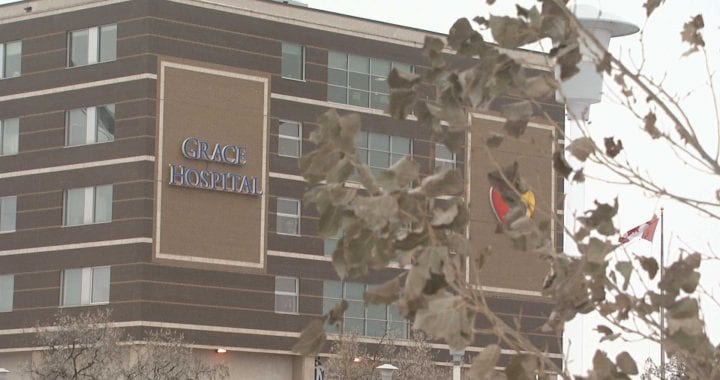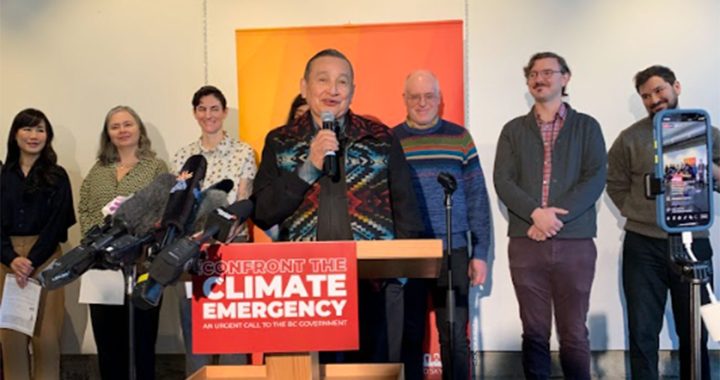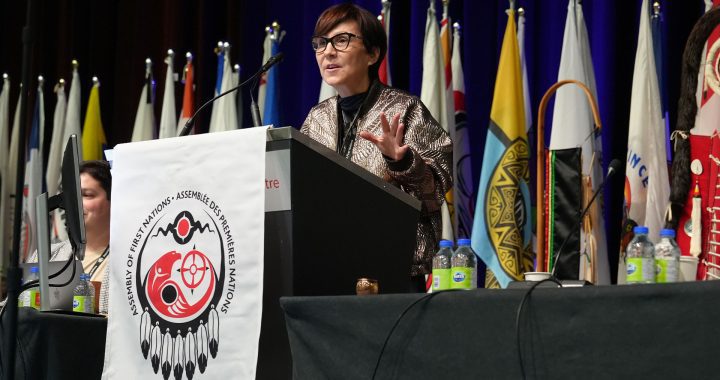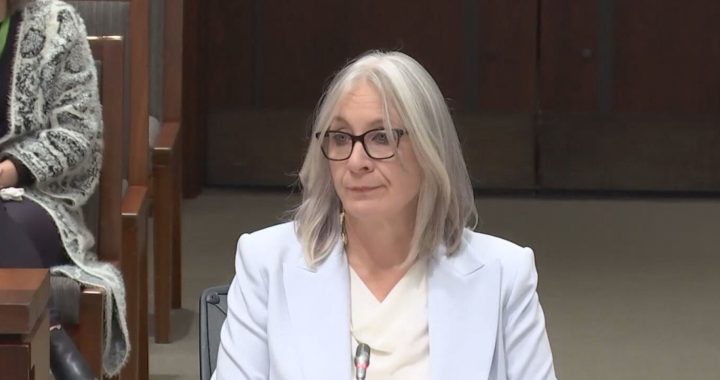After months of planning, Manitoba Premier Wab Kinew unveiled the province’s plan to end chronic homelessness on Tuesday.
“People who have been living in tents, people who have been out on the streets, struggling with addictions or mental health issues, or that intergenerational trauma—we are committed to working with you to help you find your way home,” Kinew said.
The strategy called, Your Way Home: Manitoba’s Plan to End Chronic Homelessness, includes a 30-day encampment outreach plan.
After identifying a suitable site, community workers will help people living in encampments transition into housing.
Outreach workers will identify their needs and connect them to resources such as social housing, rental assistance and mental health services.
Once everyone in the encampment is housed, the City of Winnipeg will clean and decommission the site.
Winnipeg Mayor Scott Gillingham said the city is working to align their homelessness strategy with the province’s new plan.
“It takes a systematic but compassionate approach to help people who are right now homeless, moving them out of encampments into safe housing with the supports that they need,” Gillingham said. “It aims to restore public space as a safe, clean, welcoming area for everyone to use and to enjoy.”
Province hires former Siloam Mission CEO
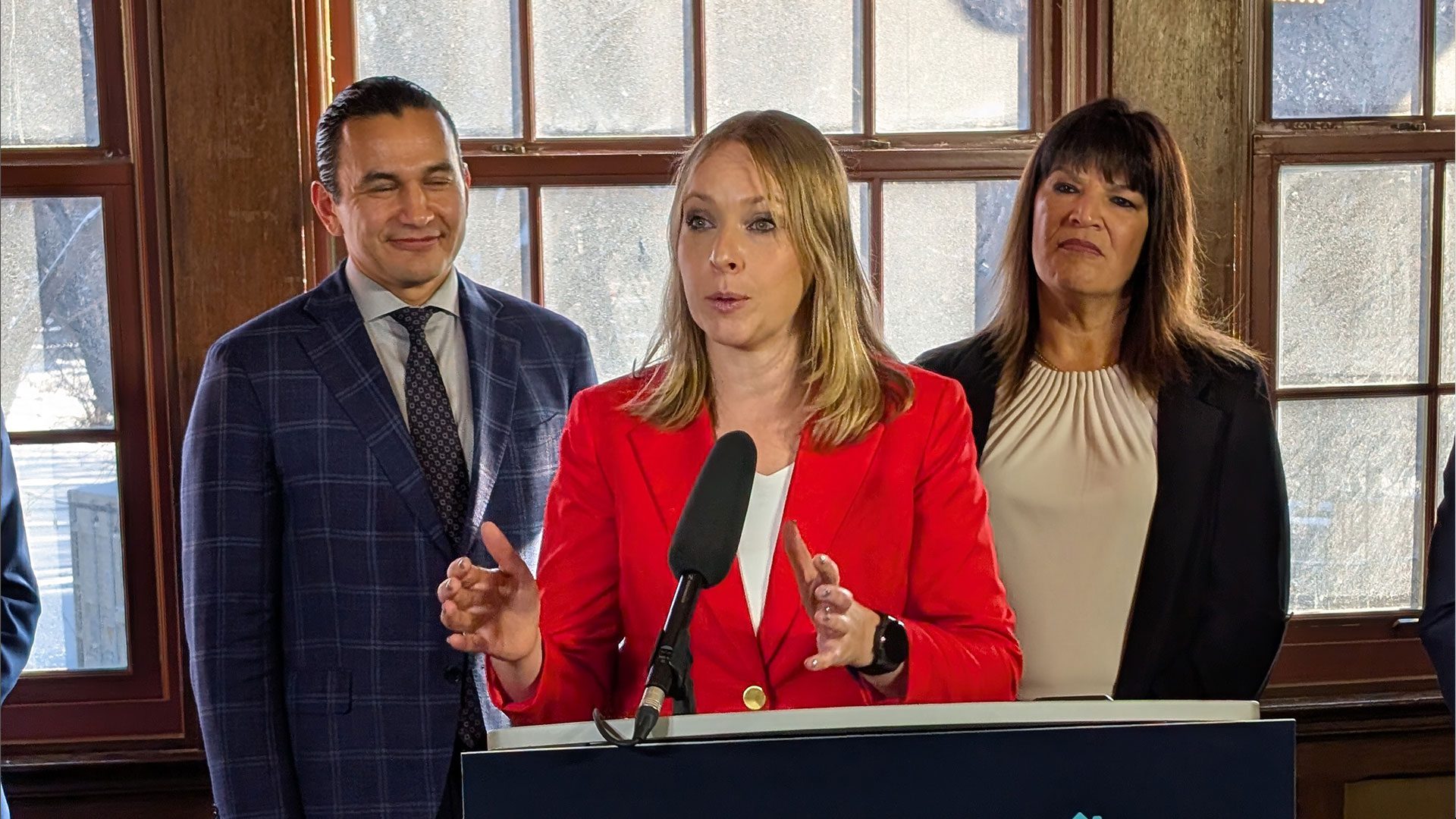
Tessa Blaikie Whitecloud, the former CEO of Siloam Mission, has been hired as the premier’s senior advisor on ending chronic homelessness.
She agreed that transitioning people from encampments has been challenging, but argued the housing gap is to blame.
“We’re asking folks to move from encampments without having any housing options for them to move into, and without those housing options being planned with their specific needs in mind,” Blaikie Whitecloud said. “We have been crying as a sector to say the solution to homelessness is housing units.”
Impact on Indigenous Peoples
Kinew also acknowledged the complexities of homelessness and its disproportionate impact on Indigenous peoples.
More than 75 per cent of unhoused people surveyed in the 2022 Winnipeg Street Census were Indigenous.
“Some of the people that we see…are products of the child welfare system because of their parents’ experience in the 60s scoop and their grandparents’ experience in the residential schools,” Kinew said.
In the long run, the province plans to increase the social housing supply, adopt a housing first approach, boost frontline staff, and invest in wraparound mental health and addiction support.
Housing, Addictions and Homelessness Minister Bernadette Smith said they’re also adding 300 social housing units.
“These will be coming with supports in the next coming months,” Smith said. “We will be working with organizations to support folks based on their needs. Some of those will be in Manitoba Housing, some of those will be in the community.”
The province said they’ve housed over 1,200 Manitobans in the past year.
The Manitoba NDP government has vowed to end chronic homelessness in two terms – by 2031.





